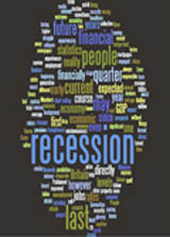The changing face of motherhood in Greece
Introduction
According to Save the Children, Greece is the 19th best country in the world to be a mother. As in other Mediterranean countries traditional, conservative family values are still strong forces in Greek culture. Divorce rates remain low, as do female employment rates. Greece also has one of the lowest fertility rates in Europe. Lack of formal childcare and the often inflexible nature of the Greek working day have been cited as reasons for dwindling fertility levels as women are forced to make a choice between family and work. Furthermore, in recent times the debt crisis in Greece has magnified the existing challenges that Greek women face as well as creating a number of new ones.
Historical perspectives
Women first gained the vote in Greece in 1952, but traditional ideas about the family were not overtly challenged until the 1980s. This was ensured by the rule of the conservative military junta from 1967-1974 whose nationalist slogan was ‘Fatherland, Family, Religion’. Women were thought of as mothers and wives, and their duties were contained within the home. Indeed, female participation in the work force dropped dramatically between 1961 and 1981. The Greek family has undergone substantial change over the latter half of the twentieth century. Shifts in the ways people lived as well as legislative reforms in the early 1980s saw the emergence of new ideas about what it meant to be a mother.
It was also not until the late 1970s that the practice of arranged marriages largely ceased. Until relatively recently becoming husband and wife was not a decision made by two people but a formal agreement between two families. This had implications for the nature of Greek motherhood, residual traces of which can still be seen today. The Greek word for spouse, ’sízigos‘, literally translates as ‘under the same yolk’, suggesting that marriage was based primarily on the functional notion of husband and wife being economic partners (and that marriage was hard work).
Click here to download the report in pdf format.
The Changing Face of Motherhood research was commissioned by Procter & Gamble (P&G)






